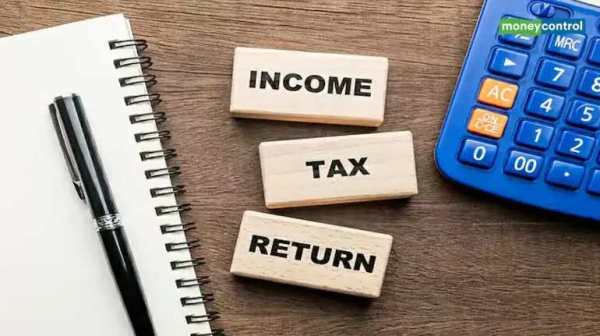
The Indian government has officially banned real-money online gaming platforms, but the tax implications of your previous winnings remain very much alive. If you’ve earned income through online money gaming before the ban came into effect, you are still required to disclose it in your income tax return (ITR) and pay tax on it. Many taxpayers are now asking: Does the ban mean my old gaming income is tax-free? The answer is no. Let’s break it down.
Ban Does Not Erase Your Tax Liability
The government’s recent legislation has restricted online money gaming, forcing platforms to shut down these services. However, experts clarify that the ban has no bearing on your tax obligations for earlier income.
According to Vivek Jalan, Partner at Tax Connect Advisory Services, income tax law does not concern itself with whether a business is legal or illegal. Section 2(24) of the Income Tax Act defines the term income, and it includes all forms of earnings—whether lawful or unlawful. In simple words, if you have made money, you owe tax on it, regardless of the source.
Online Gaming Income and Section 115BB
Online gaming income falls under Section 115BB of the Income Tax Act. For financial year 2024–25, any net income from online gaming is taxable at a flat rate of 30%.
This means that even if you assumed the ban would shield you from taxes, the reality is different. The tax department will still count your gaming winnings as taxable income.
How Net Winnings Are Calculated
To understand how tax is levied, let’s take an example. Suppose you deposit ₹1,000 in your gaming wallet and later win ₹30,000. Your net winnings amount to ₹29,000.
Before the gaming platform transfers this money to your account, it must deduct 30% as Tax Deducted at Source (TDS). However, this deduction does not complete your tax obligations. You must still report these winnings while filing your ITR.
TDS Deduction and Income Tax Return
Many players mistakenly believe that once TDS is deducted, their responsibility ends. This is not true. The deducted TDS will reflect in your Form 26AS, and you must mention it in the TDS schedule while filing your ITR.
The winnings should be disclosed under Income from Other Sources. If you are a salaried individual, you can use ITR-2. If you also run a business, you will need to file through ITR-3.
Adjusting TDS Against Total Tax
The TDS deducted by the platform can be adjusted while filing your tax return. For example, if your total tax liability is higher than the deducted TDS, you will need to pay the difference. Conversely, if excess TDS has been deducted, you can claim a refund.
Key Takeaway for Taxpayers
-
The ban does not cancel your tax liability.
-
Online gaming winnings are taxable at 30% under Section 115BB.
-
Winnings must be disclosed in your ITR, even after TDS deduction.
-
Form 26AS will reflect TDS, which can be adjusted during return filing.
So, if you earned from online money gaming during FY 2024–25, remember that you must declare it while filing your income tax return. Ignoring this can invite notices and penalties from the tax department.
Final Word
Even though real-money gaming platforms have been banned, the income you already made from them is not exempt from taxation. The Income Tax Act treats all income the same—legal or illegal. Therefore, players should ensure full compliance by declaring their winnings and paying the applicable taxes.
In short, if you’ve earned from online gaming, the government’s ban may stop you from playing in the future, but it doesn’t stop the tax department from asking for its share today.
-
6 non-veg foods to increase haemoglobin naturally; study shows

-
US Open news: Naomi Osaka addresses retirement fears as Fritz makes Djokovic statement

-
BCCI seeks new lead sponsor for Team India following Dream11's exit

-
FIR filed against Sanjay Leela Bhansali over alleged fraud, misconduct during Love & War production

-
Cautious Cricket Australia cuts Pat Cummins' name from white ball series against India and New Zealand
